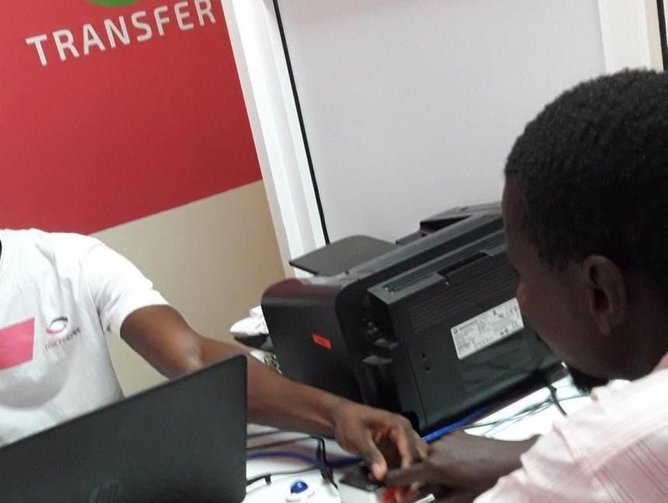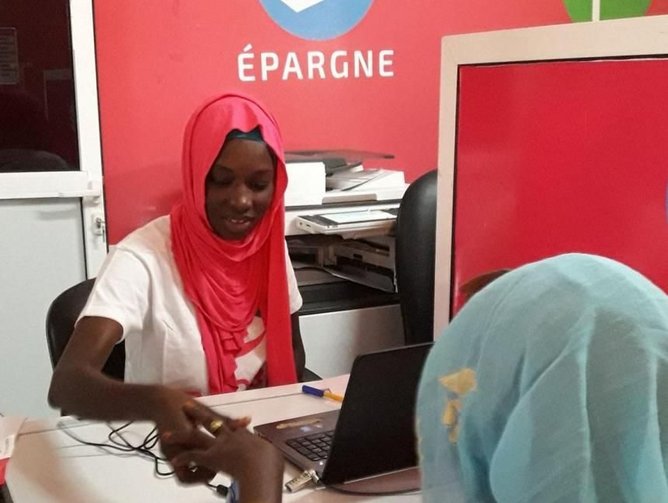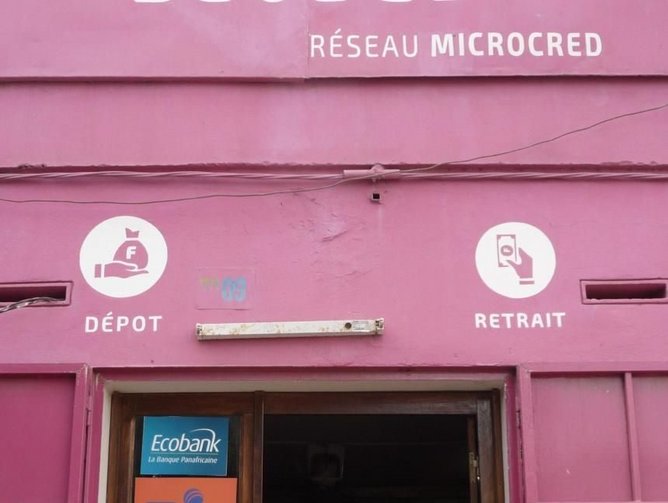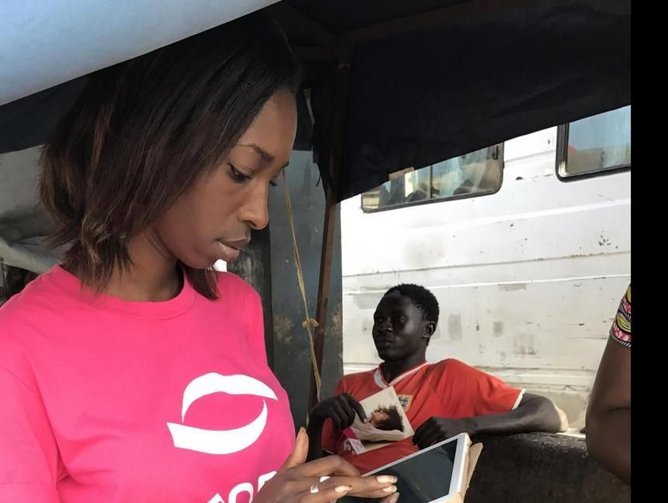We spoke to Oliver Krantz, Microcred CIO, about recent developments in the firm’s IT infrastructure.
The best person to mine for information on Microcred’s IT transformation is Oliver Krantz. Krantz is CIO at Microcred, a microfinance company with numerous financial institutions in Africa and China. Microcred targets entrepreneurs that are excluded from traditional financial markets.
Krantz explains that he isn’t a totally permanent Microcred member – he’s on a secondment at the firm. “Basically one of the investors in Microcred is a private equity company called Apis,” he tells us. “I did the due diligence on Microcred, and as part of our investment I moved over to Microcred in a full-time position to help them upgrade the IT infrastructure.”
At time of writing, Krantz is a year and eight months into the secondment. At some point, he’ll step out of the full-time role and into a remote advisory one, but for now he’s fully committed to transforming Microcred’s IT strategy.
“I'm kind of passionate about moving the African continent forward, especially in the payment space,” Krantz says. What exactly is he doing to develop the industry right now? Krantz says that he’s named 2017 “the year of policies and procedures”. “It’s a year where we really need to maximise the use of all the investment that we put in last year, and ensure that we fine tune our tools and come up with the correct processes,” he explains. Krantz stresses that Microcred needs to review its procedures; it needs to complement the new tools introduced by Krantz’s team in 2016.
These new tools include tighter device management on Microcred’s Windows and mobile devices. The company has over 3,000 employees, and almost the same number of devices. “Having control of things like licence management is always a challenge in Africa,“ he says. “Being able to see what PCs you have, what is installed on them, what kind of hardware you have… so actually just having a hardware inventory was a good thing to start to get.” Krantz’s team also removed admin rights across the board (“some countries had them, others didn’t”), which allows Microcred to install software and remotely support all of its devices. Thus, 2017 is the year for knuckling down and utilising what it now has.
For example, Microcred is working on a new consumer-facing mobile app this year. The product will enable clients to view their account. It won’t allow for transactions initially, but Krantz plans to introduce this aspect later. Microcred agents will also receive new software. Krantz explains: “Our initial agent network was PC-based. We’re now rolling out tablet solutions. We already have solutions where our agents or loan staff can go out with a tablet and biometric reader and sign up new customers in the streets, doing all the KYC there and then.” Microcred is developing current tablet solutions, in order to make the firm more mobile.
For Microcred, increased mobility is not synonymous with and increased number of electronic payments. “Africa is still very much a cash society,” Krantz stresses. “When people say they think cash is going to go away, I think that’s a pipe dream. It’s about converting cash into electronics, transferring it somewhere then converting it back into cash again.” Saying that, Microcred is rolling out products that will enable customer to do electronic transfers, but only if that’s what the customer wants. For example, every Microcred customer automatically gets an electronic account. “It’s an integral part of our businesses, as taking out a loan and collecting repayments through that account, but it will allow customers to become more inclusive if they wish to use this account to pay bills or receive a money transfer. So it’s heading in that direction, but I guess you need to walk at a pace that your customers do,” Krantz adds.
Microcred’s Baobab is a step in this direction. Baobab is the firm’s “digital financial solution to financial inclusion”. The service is SMS-based; the customer gets confirmation for every transaction via SMS along with special benefits and personalised offers. There are more than 800 Baobab service points in Madagascar and Senegal where clients can carry out numerous financial transactions. Baobab was named the Best African Retail Banking Company in 2016.
When asked what he’s enjoyed about his time at Microcred, Krantz barely hesitates. “We are a company that focuses on its people, on our customers that we have out there” he says. “We differentiate ourselves in the way that we operate the business that way and from a technology standpoint we are pushing towards first world standards in everything that we do.” With so many current IT projects and several more for the future, Microcred will surely meet these standards very soon.
Baobab by Microcred is the realization of Microcred evolution towards digital banking for the mass market. The service is SMS-based: the customer gets confirmation for every transaction via SMS, along with special benefits and personalized offers. It is operated by an agents’ network alongside Microcred branches. Today, there are more than 800 Baobab service points in Madagascar and Senegal, where people can carry out numerous financial transactions. Baobab was named the “Best African Retail Banking Company” in 2016.





